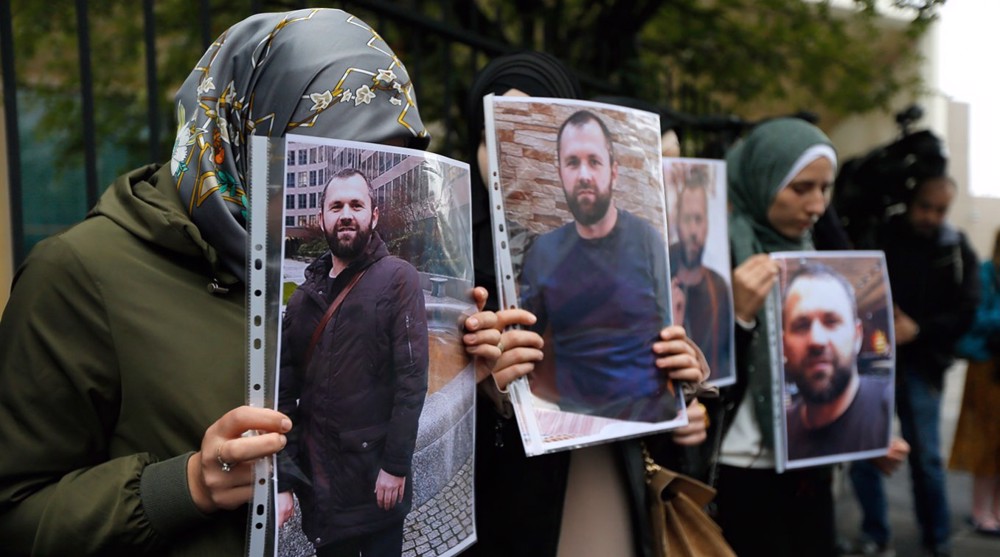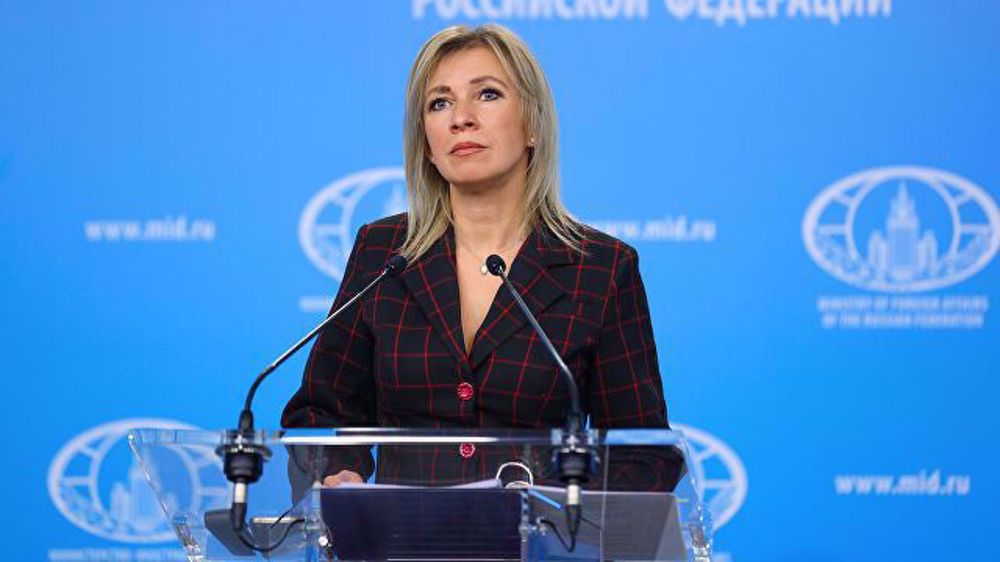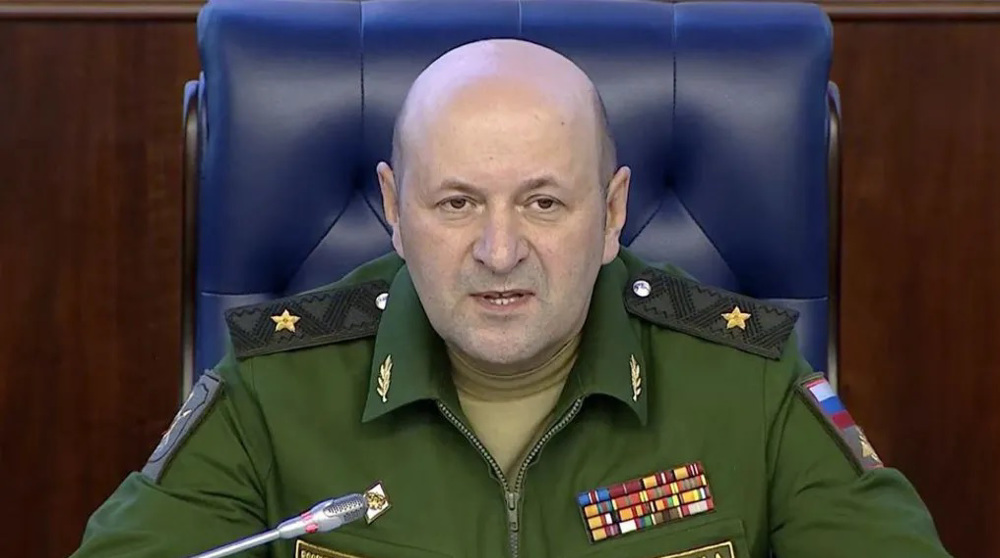Russia: German court’s state terrorism verdict in murder trial ‘divorced from reality’
Russia has blasted as “completely divorced from reality" a German court ruling that Moscow was behind the murder of a former rebel commander from Chechnya in the capital, Berlin, in 2019.
The ruling was made by a German court that claimed Russia had ordered the killing of Zelimkhan Khangoshvili and sentenced the agent who carried out the act of "state terrorism" to life imprisonment.
German judge Olaf Arnoldi claimed that Khangoshvili — a former rebel commander of Georgian origin — was killed with three shots in August 2019 in retaliation for his role in fighting alongside Chechen separatists against Moscow between 2000 and 2004.
German Foreign Minister Annalena Baerbock said following the verdict that Berlin viewed the murder as "a violation of law and sovereignty" and announced the expulsion of two Russian embassy employees.
Russia's foreign ministry said on Thursday that the German court’s verdict was politically ordered and that Moscow would retaliate.
"We decisively reject as unfounded and completely divorced from reality the accusations of the involvement of Russian state structures," the ministry said, adding that Moscow would respond with "adequate measures" to Germany's decision to expel two of its diplomats in the wake of the ruling.
The Kremlin has said that the "unpleasant episode" should not affect relations between Russian President Vladimir Putin and Germany's new Chancellor Olaf Scholz, who has backed the court verdict.
Khangoshvili, who lived for a time under the name Tornike Kavtarashvili, was shot dead in Berlin's Tiergarten park on August 23, 2019. He had been an asylum seeker in Germany since 2016.
Russia had already denied it orchestrated Khangoshvili's killing and dismissed such allegations as "absolutely groundless."
Citing its own sources, German weekly news magazine Der Spiegel said Berlin intends to persuade the European heads of state to adopt a joint statement condemning Russia’s actions in the alleged murder case of Khangoshvili.
The publication said Brussels might threaten Moscow with new sanctions in the statement as Europe is already outraged over the alleged poisoning of Russian opposition figure Alexei Navalny in August 2020.
Israeli forces kill Palestinian man in raid on occupied West Bank village
Hind Rajab Foundation names Israeli war criminals vacationing after Gaza genocide
'This is cruelty, not war,' Pope Francis slams Israel's brutality against Gaza children
IRGC intelligence forces bust Takfiri terrorist team in western Iran
Syria’s de facto new ruler names Asaad al-Shibani as foreign minister
How 8-year-old Lebanese child Fawaz nixed Ben Gurion’s 76-year-old fallacy
VIDEO | 700,000 Cubans rally at US embassy in Havana against trade embargo
Iranian embassy staffer assassinated by terrorists in Damascus











 This makes it easy to access the Press TV website
This makes it easy to access the Press TV website